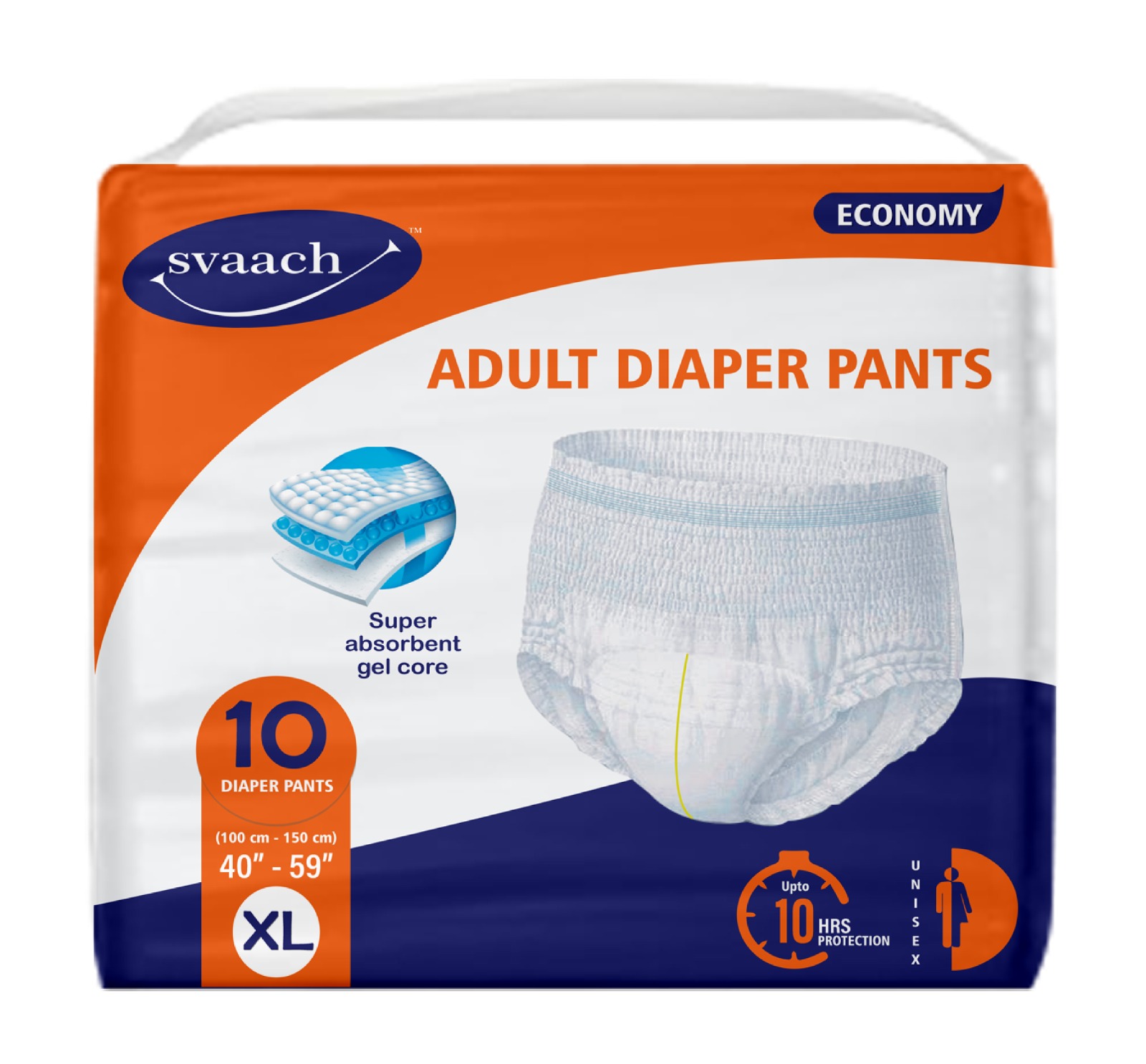The pressure of blood pushing against the walls of your arteries, known as blood pressure, is a normal occurrence throughout the day. Arteries are responsible for transporting blood from the heart to other body parts. But when this pressure of blood increases at an abnormal rate, you have high blood pressure, also known as hypertension.
Why is Blood Pressure Measured?
If you’ve been diagnosed with high blood pressure, you might have been recommended by your doctor to measure it at least twice a day to regulate your blood pressure because high blood pressure has no symptoms, so the only way to keep track of it is by measuring it regularly. Measuring blood pressure can help regulate it on time to avoid the risk of life-threatening conditions like stroke or heart attack.
How to Measure Blood Pressure
When measuring your blood pressure through the machine at home or a doctor’s clinic, two numbers will be recorded –
- Systolic blood pressure: This indicates the amount of pressure blood exerts on your artery walls while beating.
- Diastolic blood pressure: This measurement indicates the amount of blood pressure exerted on your artery walls when your heart rests between the beats.
There’s no need to take any special precautions before a blood pressure test; however, it’s recommended not to drink caffeinated beverages, exercise, or smoke at least 30 to 60 minutes before the test to avoid increasing your blood pressure readings and heart rate.
How to Beat High Blood Pressure
Regulating blood pressure is essential because high blood pressure can cause damage to your heart and arteries, losing their elasticity, leading to decreased oxygen and blood flow to the heart and heart failure when left untreated. To avoid any uncertainties, here are some ways to lower your blood pressure and manage it:
Know the Digits
Understanding blood pressure and the numbers associated with it is a critical initial step. It is important to collaborate with your healthcare team to ascertain your personalized blood pressure objectives and treatment plan if your numbers are too high.
Eat a Balanced Diet
Patients with high blood pressure are recommended to make necessary changes in their diet. Ideally, the change in your diet should include lean protein sources, fruits, vegetables, and whole grains that are low in sodium, added sugar, trans fat, and saturated fat.
Set Limits on Alcohol and Tobacco
Over time, excessive alcohol consumption can detrimentally affect the heart. To mitigate this risk, it is recommended that women limit themselves to one drink in one day and men to two to avoid an elevation in blood pressure. Additionally, tobacco use and exposure to passive smoking can instantly raise blood pressure levels and cause harm to the lining of arteries.
Try Reducing Stress
Reducing stress can be beneficial in maintaining normal blood pressure. Practice meditation and yoga to alleviate stress. Additionally, listening to calming music can also be beneficial in reducing stress. The research titled “The Effect of Music on the Human Stress Response,” published in NCBI, indicated that listening to music has positively impacted human health by reducing stress response.
Lower Your Sodium Consumption
Sodium is one of the main culprits behind rising blood pressure. This happens because it retains fluids in your body, which increases blood volume and pressure in the vessels. Decreasing sodium intake in your daily diet is known to lower blood pressure in certain patients.
Exercise regularly
According to a study in European Review for Medical and Pharmacological Sciences, following an exercise regime three to five times a week for about 30 minutes to one hour can lower your blood pressure.
Get Adequate Sleep
Sleeping is beneficial for blood pressure regulation as it reduces your breathing and heart rate. If you don’t get enough sleep, your blood pressure will remain high for longer. A lack of sleep can also impair your body’s ability to control stress hormones, which can contribute to high blood pressure. To ensure you get a good night’s rest, it is advisable to maintain a regular sleep schedule, exercise during the day, and avoid eating or drinking close to bedtime.
Take the Prescribed Medications
Your doctor may suggest prescription drugs if your blood pressure remains high or does not decrease after making necessary lifestyle changes. Taking the medication as prescribed without reducing doses or skipping days is important. To help with remembering, a health record app can be used to access your prescription at any time and place.
Conclusion
Frequently monitor your blood pressure. If you have been diagnosed with hypertension, adhere to the instructions of your physician to reduce your blood pressure. They may suggest remedies such as dietary supplements, medications, or diet and exercise regime alterations. Before making any modifications to your treatment plan, always consult your doctor. Never discontinue medications without first speaking to your doctor. They can help you comprehend the potential advantages and hazards of treatment options.
Author Bio: Jigar Patel is the Founder of Health-e, a HealthTech app that simplifies health records management along with providing personalized and preventative healthcare solutions. Although he has 20+ years of operations and management experience in the EPC domain, Jigar’s true passion lies in making healthcare simpler, faster, and more accessible for doctors and patients alike. He strongly believes that people need to be empowered to participate in their own healthcare and is constantly thinking of ways to build this into his app. He loves to keep things simple be it in life, product design, his work, or the content he develops. Being married for 10 years and having 2 kids have taught him that perspective matters, so you can always count on him to share new perspectives on various topics.
*****





























